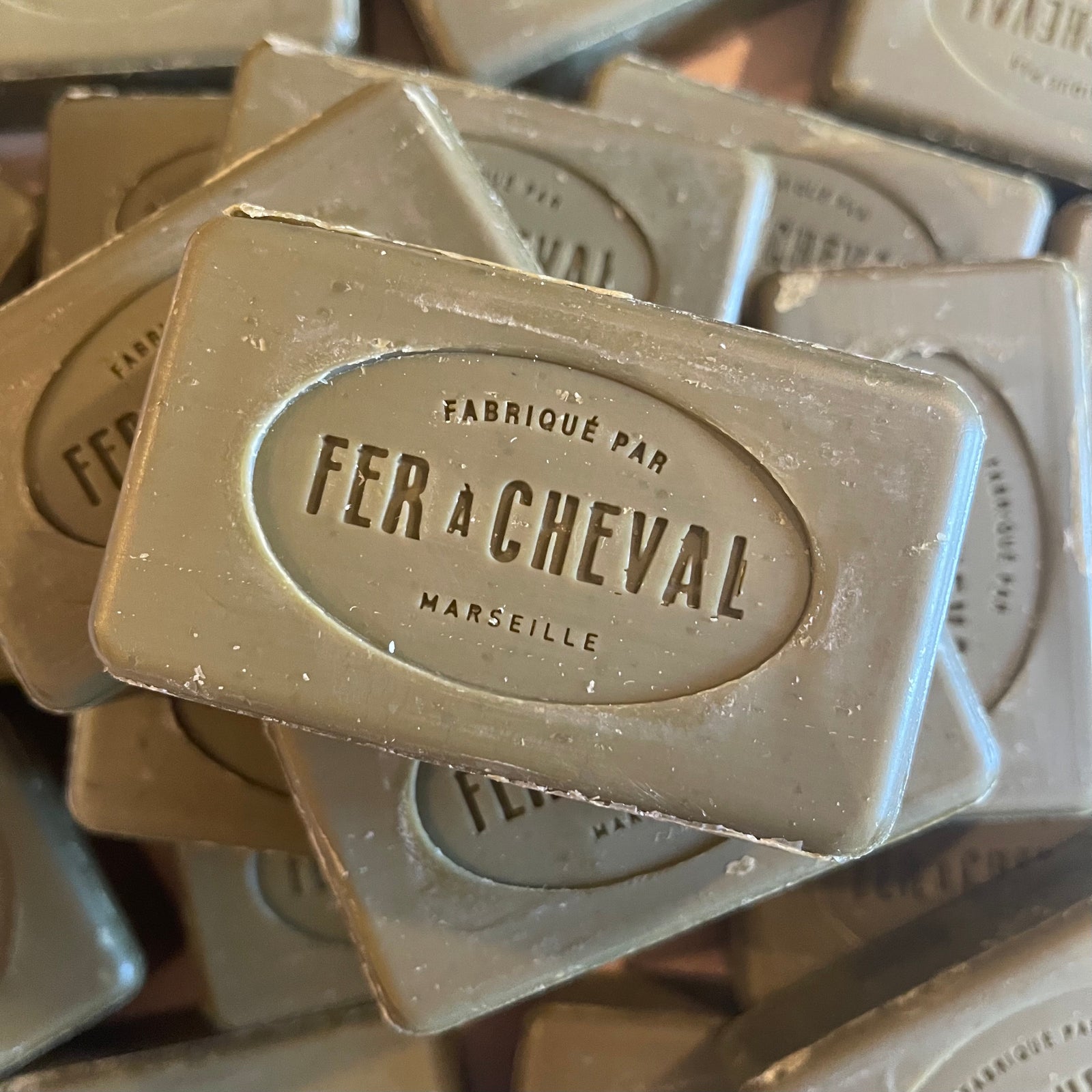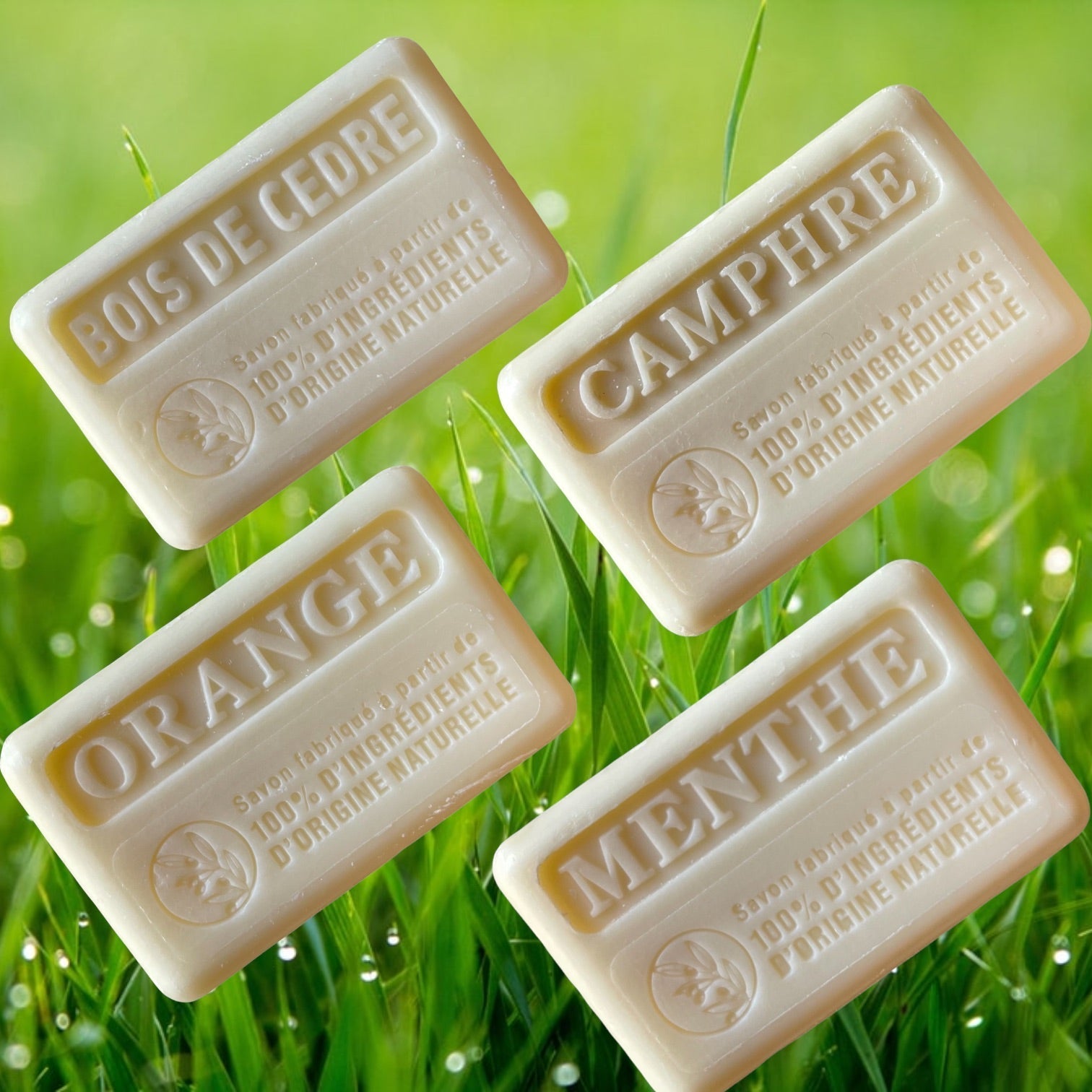The History of Aleppo Soap and its 5 key effects
The Origins of Aleppo Soap
Aleppo Soap is legendary for its natural, nurturing qualities. The precise origins of this nourishing soap are not known. Yet it's generally agreed that it originated in Aleppo, the main city of the Levant Region in Syria. The art of soap making on a wide scale is thought to have begun in this region around the seventh or eighth century.
Yet Aleppo soap may have been popular long before this. The Romans used soap in the first century AD, if not before. And there are rumours that both Queen Zenobia of Syria and Cleopatra may have used it.
Crafting the Soap
The ingredients in Aleppo soap are simple, which helps keep the soap natural. This stems from the fact that in antiquity it was necessary to source items native to the region. For centuries, its creation has relied on the hands-on expertise of local craftsman. Knowledge of the process has passed down throughout the generations to apprentice soap-makers.
It’s a slow process, as the soap is crafted with incomparable care. The soap cubes are hand-cut and dried for at least nine months, during which time they’re protected from the sun. The drying process is critical to the quality of the soap. It also helps to determine the color, which is light brown on the outside to a deep green on the inside.
Why so special ?
Antiseptic, soothing, emollient, moisturising, and hypoallergenic, Aleppo soap is full of benefits for your skin. True Aleppo soap is made with 100% natural products. Beware of counterfeits which may include additives that are aggressive to the skin. Composed only of olive oil, bay laurel oil, natural soda and water, Aleppo soap is perfect for beauty fans looking to avoid artificial preservatives.
Who can use it ?
Aleppo soap is ideal for all skin types, even babies. Traditional Aleppo soap in bars (recognisable by its green / brown colour and its recognisable traditional stamp) is preferable to liquid versions that are less concentrated and don't provide as much moisture to the skin.
What are the key benefits & uses of Aleppo soap ?
Moisturiser
The primary property of Aleppo soap is to deeply moisturise the skin. Recommended by most dermatologists, thanks to its natural composition, Aleppo soap is suitable for all skin types, whether healthy or problematic.
Psoriasis & Eczema
Aleppo soap can help relieve itching for those suffering from psoriasis, acne, and eczema because it will help hydrate the skin. The combination of olive oil and bay laurel oil will help your skin regain suppleness and softness, giving skin a more youthful look.
Solid Shampoo anti-dandruff
Aleppo soap can also serve as an anti-dandruff shampoo, helping to moisturise the scalp to limit flaking.
Face Mask
Placed on the face while allowing it to dry, Aleppo soap makes an excellent mask to minimise imperfections and rejuvenate tired complexions.
Shaving Bar
Aleppo soap makes a perfect shaving foam because it facilitates the gliding of the razor and hydrates skin that has been subjected to razor burn.
Beware of cheap imitations
A victim of its own success, Aleppo soap is experiencing a resurgence of counterfeits on the market. These soaps, much less natural than the real Aleppo soap, are generally no longer composed of olive oil and are less concentrated in bay laurel oil: often based on palm oil, they are recognizable by a more uniform colour and do not float in water (unlike Aleppo soap).
Avoid imitations and buy from trusted sources, our Aleppo soap is HERE at a very reasonable £5.99
Credits for inspiration from my research : Olive&bayco.com, ohmymag.co.uk, wikopedia,




